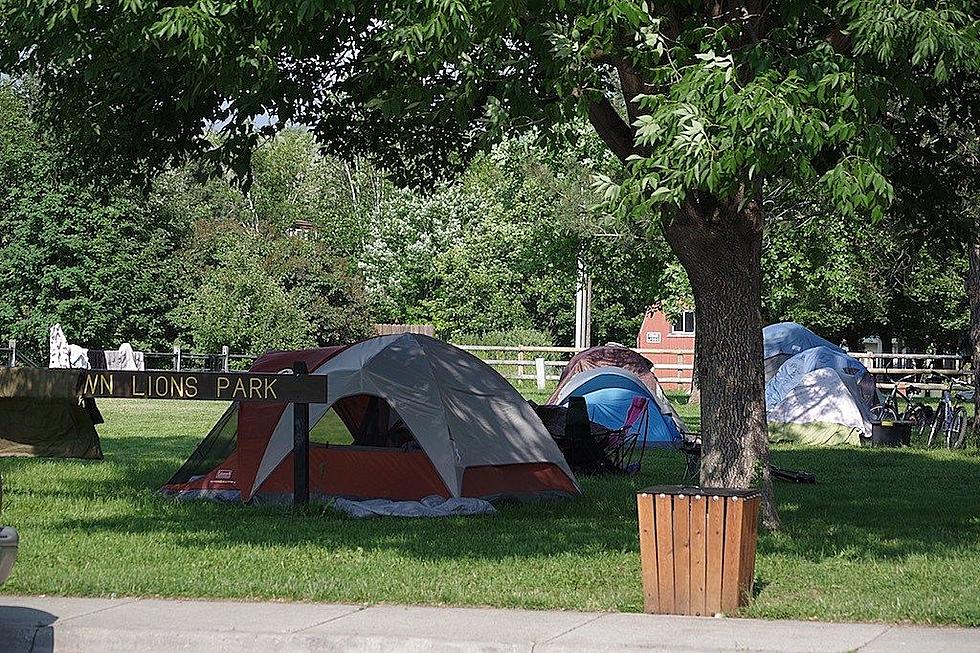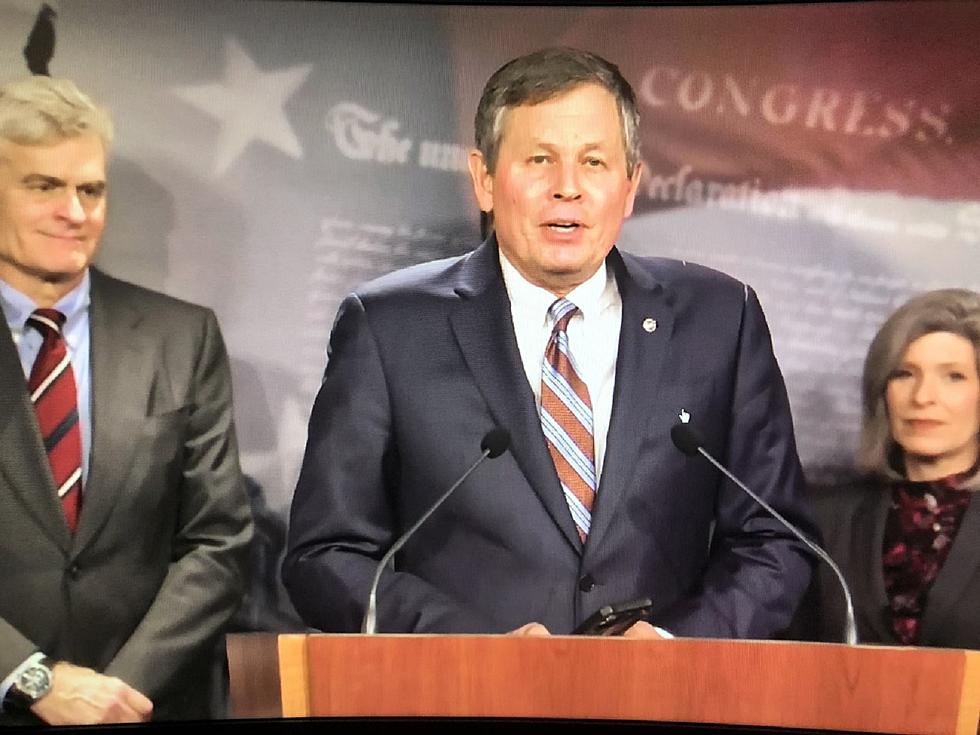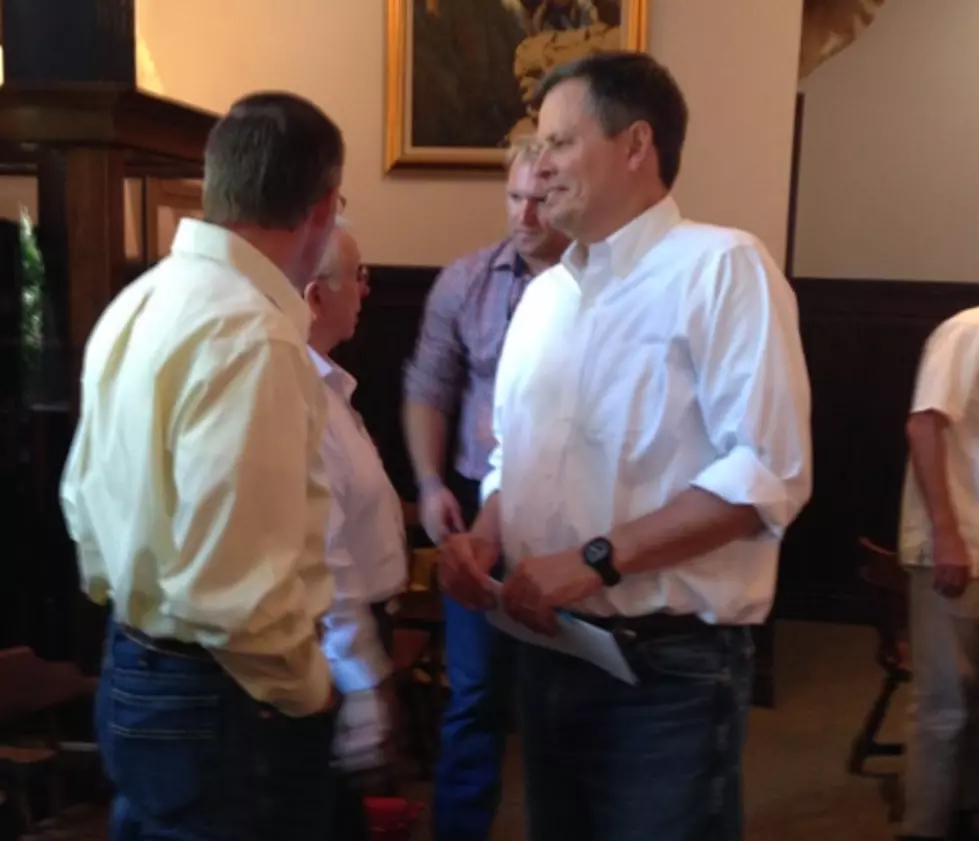
Hutterite Lawsuit Against Montana Department of Labor Appealed to U.S. Supreme Court
In January, the Montana Supreme Court ruled to uphold a 2009 state law that requires Hutterite communities to purchase worker's compensation insurance for their members.
The law was created in part to help ease tensions with traditional contractors who complained it was unfair that Hutterite workers did not have to pay worker's compensation.
The Montana Supreme Court was sharply divided and settled the debate with a 5-4 decision. That uncertainty will likely be present at the U.S. Supreme Court where, as of this week, the Big Sky Hutterite colony has sent an official appeal.
The Becket Fund for Religious Liberty will represent the Big Sky Hutterite colony. Senior Deputy Council Luke Goodrich explains why he believes the law infringes on the first amendment.
"This case involves the right of internal church governance," explained Goodrich. "Hutterites have been living in accordance with their religious beliefs for 500 years. They all take a vow of poverty, they hold all of their possessions in common, and they vow not to use the secular legal system against each other. But the new workers compensation law would violate all of those teachings because it would create a property right for individual members, which all members vow not to have."
A U.S. Supreme Court decision on this case could change the way many state and district courts rule on religious matters. Right now, some courts, like Montanan's, attempt to judge whether the law intended to infringe on religious free exercise, while other courts look and see if infringement is one of the law's effects.
"That's why the Supreme Court would be interested in this case," Goodrich said. "Because it presents an opportunity to resolve a conflict between courts across the country on the meaning of the free exercise clause."
The state of Montana has until May 2 to file its response to the appeal.
Luke Goodrich:
More From Newstalk KGVO 1290 AM & 98.3 FM









